Israeli soldiers not allowed off duty until dozens of Palestinians photographed, added to army’s tracking system
Israeli military commanders have reportedly refused to allow soldiers off duty unless they take photographs of at least 50 Palestinians in the occupied West Bank and the flashpoint eastern part of al-Quds during the course of a shift, and upload the details and photos to a tracking system used by the Israeli army.
According to a report published by the Israeli Haaretz newspaper, any soldier who does not make the quota in any shift at a checkpoint or guard post will be forced to remain on duty until they hit the target.
Initially, Israeli commanders offered prizes for the units that gathered the greatest number of photos of Palestinians and added them to the database as part of attempts to encourage soldiers to complete the task.
A penalty was, however, introduced by commanders later on in order to push soldiers to capture photos of Palestinians, including women, the elderly and children.
Haaretz added some Israeli soldiers have posted the instructions on social media and protested the measure.
One complained that "the requirement turns the expansion of the database into the soldiers' main mission."
Another soldier said the directive is part of a fierce competition between military units to show their strength to the top levels of the army's Central Command.
This is while commanders have stuck to the task and asked troops to tag and monitor the entire Palestinian population, and add the photos of Palestinians to the tracking database every shift.
The Blue Wolf tracking system has been used by Israeli forces for over two years. It is said to be a smart phone technology that captures images of Palestinians in the occupied territories, and then matches them with a database run by the Israeli military and intelligence services.
It is believed to be part of a broader surveillance policy, initiated by the Israeli army in 2016, that deployed facial recognition technology, sensors, and cameras to monitor Palestinians in the occupied East al-Quds and across the West Bank.
Blue Wolf apparently gives Israeli soldiers the ability to capture images from smart phones and then use an app to search databases, instead of taking photos from stationary cameras.
It then has a color-coded system that indicates whether the photographed Palestinian should be arrested or allowed to pass.
Over dozen Palestinians killed in 46 building collapses across Gaza
Routine IRGC drills rattle Israel as military chief calls CENTCOM commander: Report
Australia trials Israeli weapon system ‘combat-proven’ in Gaza genocide: Report
Pakistan’s Field Marshal Munir awarded Saudi Arabia’s King Abdulaziz medal
Lebanese army uncovers, dismantles Israeli spying device in south
CIA undermining Trump’s Ukraine plan: Ex-US national security adviser
Ten million Persian manuscripts donated from India to institute in Iran
VIDEO | Press TV's news headlines


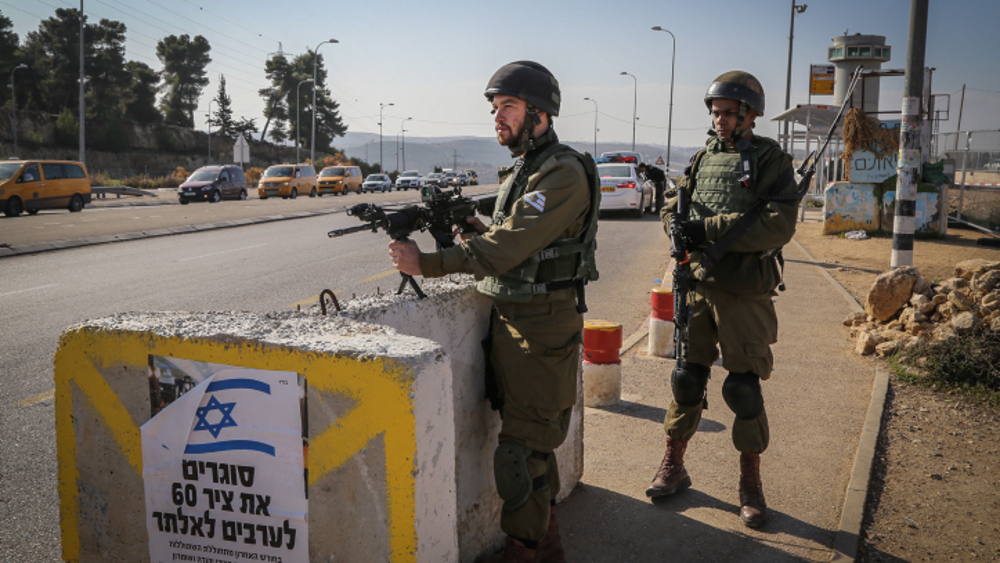
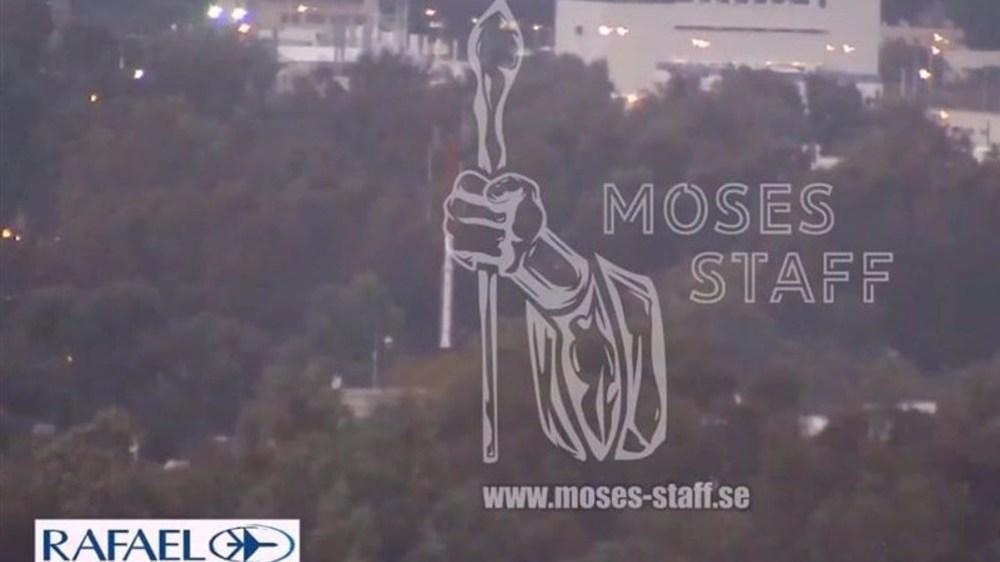
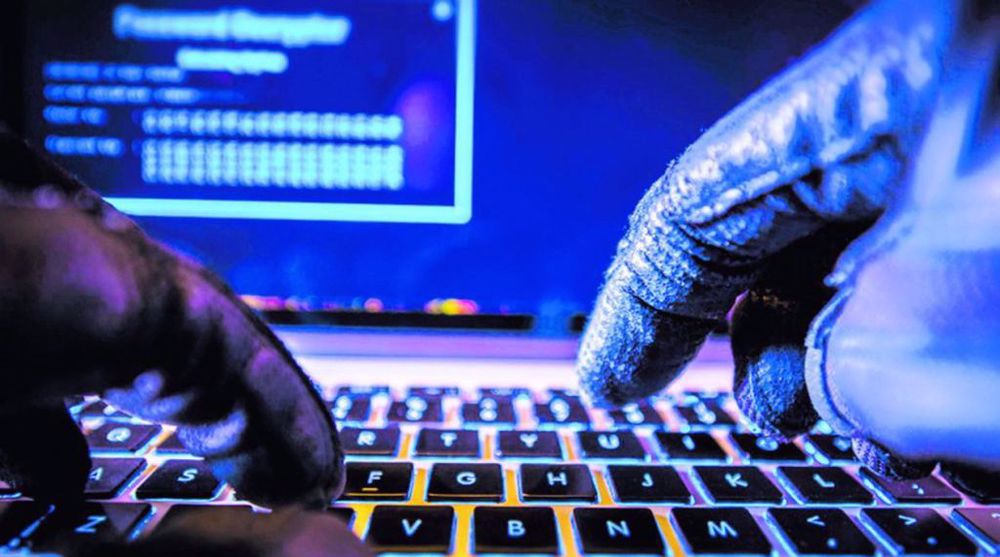
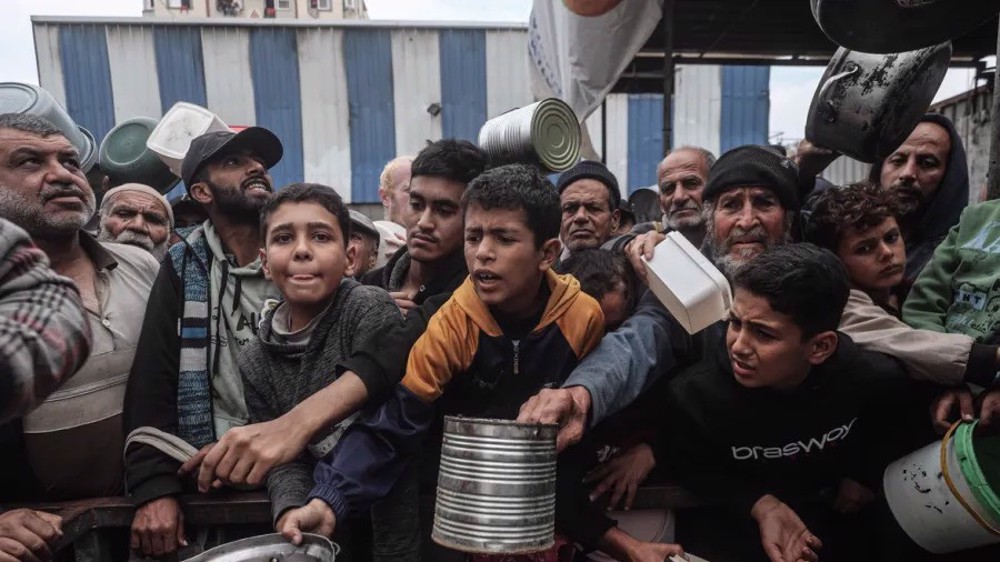
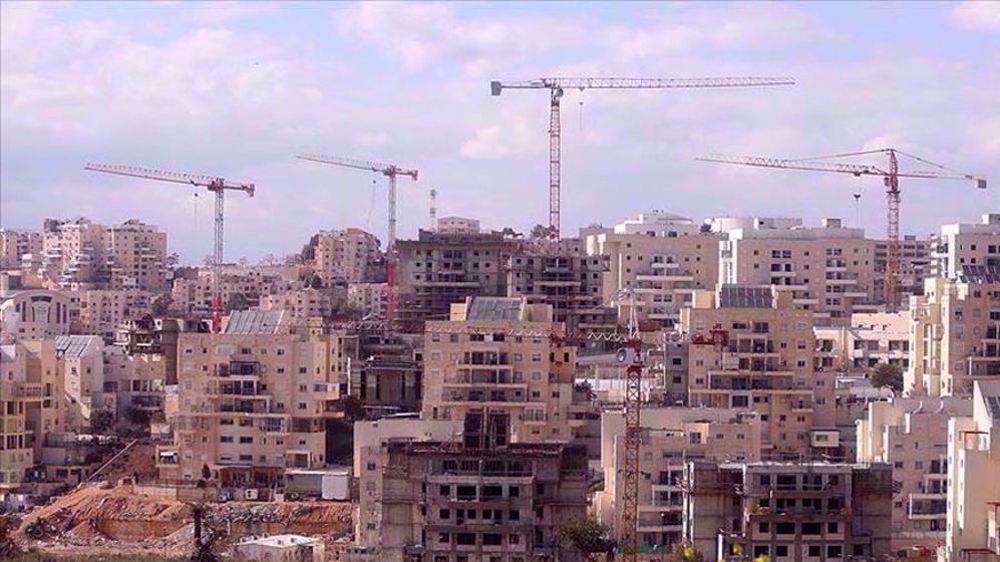





 This makes it easy to access the Press TV website
This makes it easy to access the Press TV website